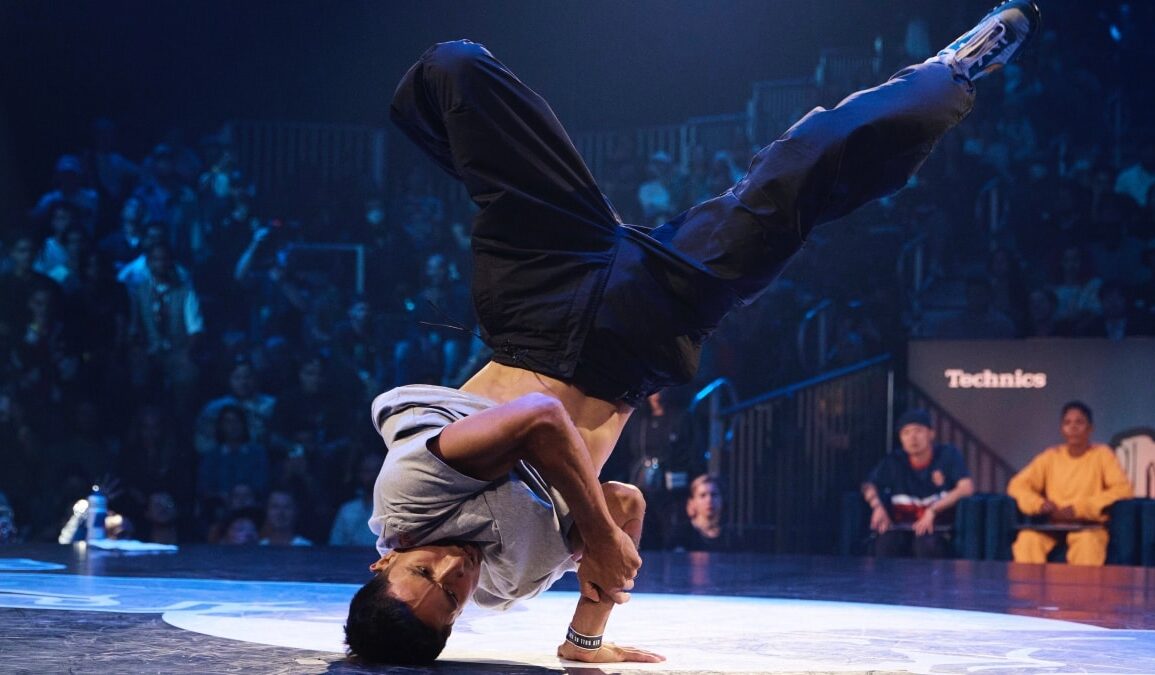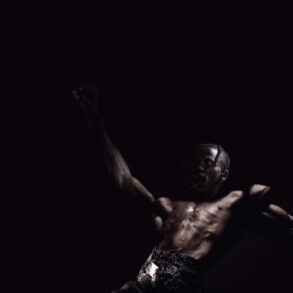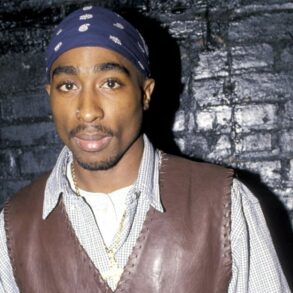Breakdancing or Breaking is a dynamic urban dance style that originated in the United States during the 1970s within hip-hop culture. Its beginnings can be traced back to the vibrant block parties of the Bronx in New York, characterized by its acrobatic movements, stylized footwork, and the significant roles of the DJ and MC (master of ceremonies) in battles.
In the 1990s, breaking competitions started to gain international recognition, spreading the art form within both hip-hop communities and to the broader public.
Events
The breaking competition at the 2024 Paris Olympics will feature two events – one for men and one for women. Sixteen B-Boys and sixteen B-Girls will engage in solo battles (on 9 and 10 August) to showcase their prowess with power moves like windmills, the 6-step, and freezes. Adapting their styles to the rhythm of the DJ’s tracks, the athletes will improvise to impress the judges and vie for the first Olympic breaking medals.
Athletes will earn points based on their creativity, personality, technique, variety, performativity and musicality. Success in the sport requires combining dance moves from three basic categories: top rock, down rock and freeze.
In top rock, moves are performed while standing up with emphasis on fancy footwork and hand movements. It needs lots of friction between an athlete’s shoes and the floor.
In down rock, athletes perform while being on the floor. Their activities may include spinning in circles with their head, back, elbows or shoulders touching the ground and their feet in the air.
Lastly, freeze occurs when athletes come to a complete halt in a funky pose, often forming cohesion with the music and in an upside-down position.
What is the outfit?
Breaking has no specific uniform or traditions to uphold. An athlete can wear anything they want – but the right outfit will improve their chance of success.
An ideal shirt will be on that minimises the friction between their body and the ground during a spin. Any lettering or images will add friction, which will disrupt their ability to perform some down rock moves. An athlete can wear long sleeves if the objective is to slide on their elbows, as bare skin will create friction when in contact with the floor.
Then there’s the headgear. There are multiple styles to choose from but the options are filtered to fit their dancing style. It must fit two purposes: provide padding for their head and second, minimise the friction between their head and the floor.
Olympic History
Breaking made its debut at the 2018 Summer Youth Olympic Games in Buenos Aires, where its remarkable success led to its inclusion in the Paris 2024 programme as a new sport.
The World DanceSport Federation governs the sport and is recognised by the IOC.
Venue
It will be held at La Concorde in Paris which will also host Basketball 3×3, Cycling BMX Freestyle and Skateboarding events.
Athletes to watch
Arif Chaudhary (B-Boy Flying Machine), India: The 26-year-old Mumbaikar will represent India in breakdancing. “I can’t wait for it. I think it’s a great initiative by the International Olympic Committee (IOC) to take this step and lead us into a beautiful path,” he had said in 2020 to Olympic Channel. “It’s always lived in hiding. Not many know that India has a thriving breaking scene. Around the world, people recognise it but no one looks at it as something serious. I hope this motivates people to take up B-boying. I want kids who think football and cricket as sports to now look at B-boying as an option too,” he added.
Victor Montalvo (B-boy Victor), United States: A breaker who describes himself as a student of old school b-boys from the founding era of hip-hop, the 30-year-old Montalvo, who is from Kissimmee, Florida, qualified for Paris by besting all other b-boys at the 2023 WDSF World Breaking Championship in Belgium.
Sunny Choi (B-girl Sunny), United States: The 35-year-old Choi, a cheerful Queens, New York-bred breaker, has long been an ambassador for b-girls globally. She qualified for the Paris Games with her win at the 2023 Pan American Games in Chile.
Philip Kim (B-boy Phil Wizard), Canada: Consistently ranked in the top three b-boys in the international breaking competitive community, Kim secured a spot for Paris when he came out on top at last year’s Pan American Games.
Dominika Banevič (B-girl Nicka), Lithuania: Banevič was the youngest in her category at last year’s WDSF World Breaking Championship, when she punched her ticket to Paris. Banevič turns 17 this month.
This post was originally published on this site be sure to check out more of their content.









